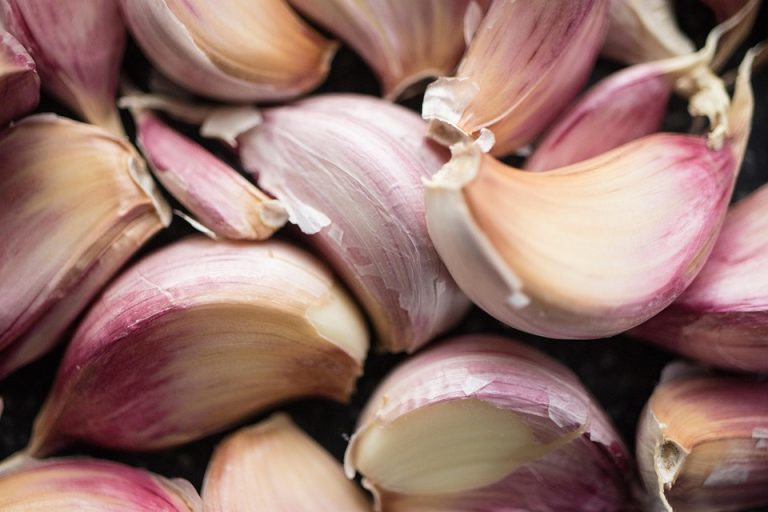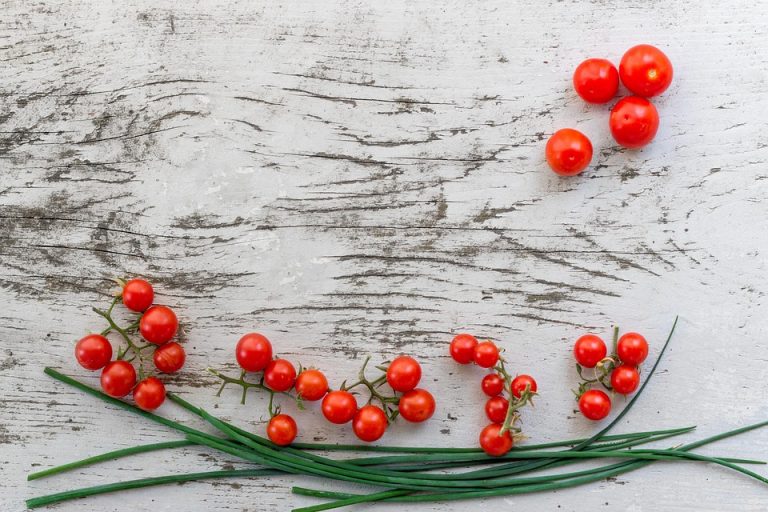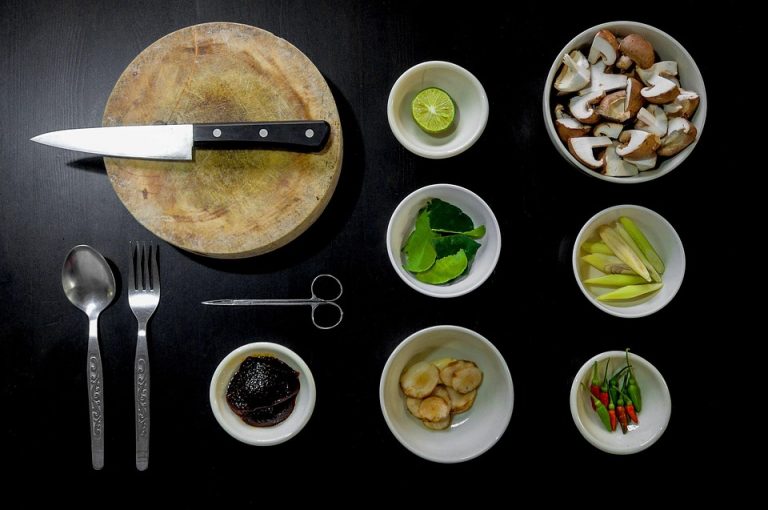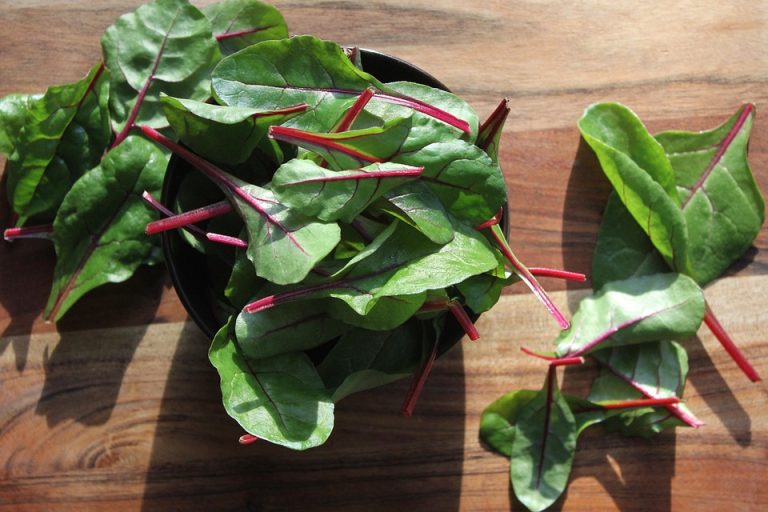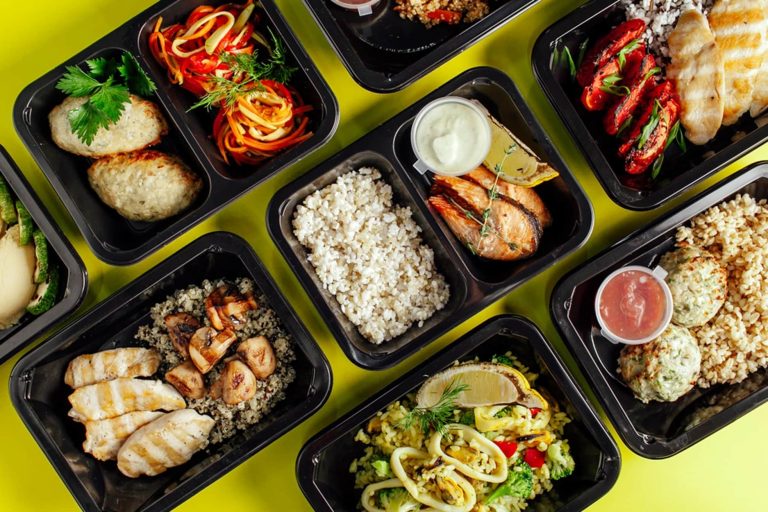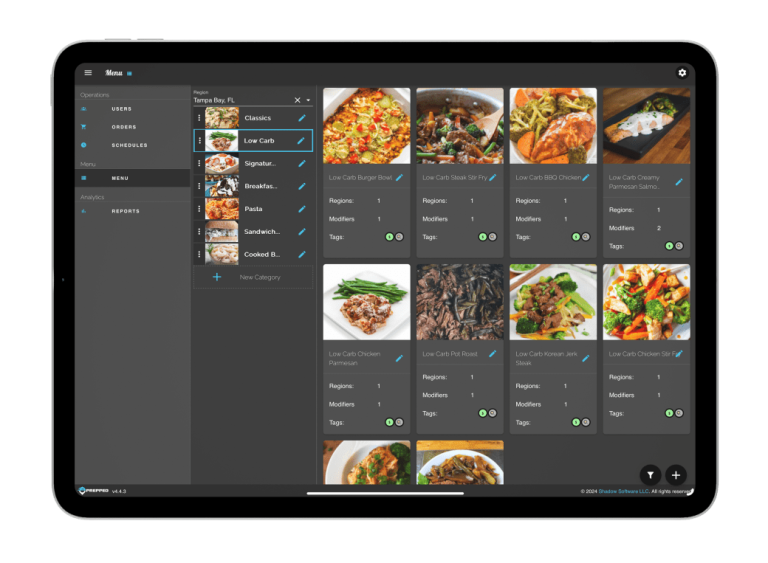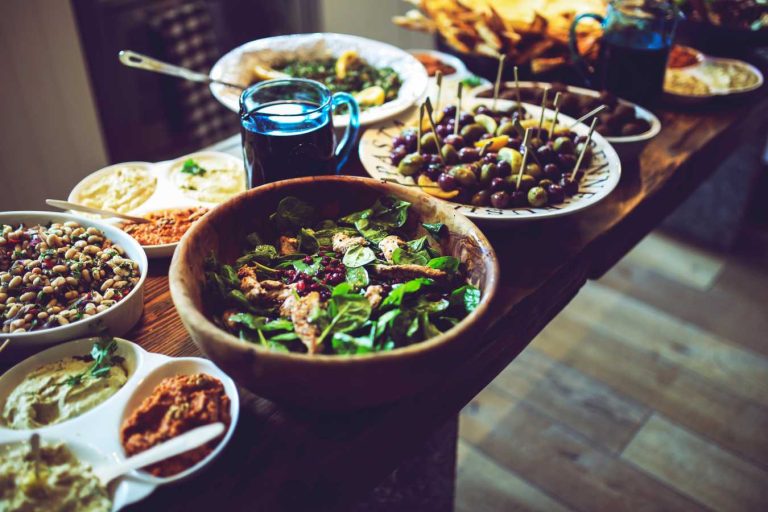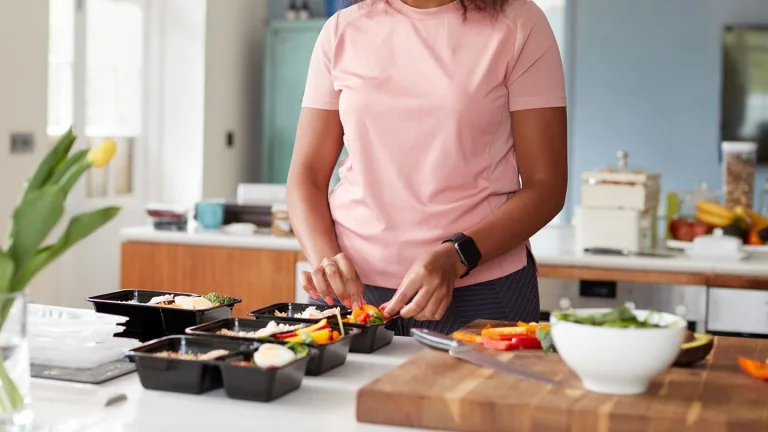Revolutionizing Senior Hydration Through Culinary Strategies
Introduction of Hydration in Elder Care
Welcome to a transformative approach to Nursing Home Meal Planning. For those managing or owning nursing homes, assisted living facilities, or life care facilities, striking the right balance in the nutritional intake and hydration of the elderly is paramount. This article explores inventive strategies for integrating hydration into daily meals, ensuring residents not only enjoy their food but also receive adequate fluids to support their health and wellness.
Understanding the Importance of Hydration in Elderly Care
The risk of dehydration significantly increases with age. Factors such as diminished thirst perception, fear of incontinence, and physical difficulties in accessing drinks contribute to inadequate fluid intake among the elderly. Addressing hydration needs creatively within meal planning can circumvent these challenges, ensuring that adequate fluids are ingested through a variety of sources, not just direct liquid intake.
Creative Hydration through Culinary Endeavors
Enhancing the hydration status of the elderly in nursing homes doesn’t have to be mundane. By incorporating a few innovative culinary practices, care providers can significantly uplift the fluid intake levels of their residents:
- Soups and Broths: Starting meals with a light soup or broth can provide a dual benefit of hydration and appetite stimulation. Seasonal vegetables, lean proteins, and flavorful herbs can create appealing and nutritious options.
- Hydrating Snacks: Introduce hydration-promoting snacks throughout the day. Fresh fruits like watermelon, cucumber slices, or smoothies made with yogurt and berries offer refreshment and vital nutrients.
- Enhanced Beverages: Flavored waters or herbal teas serve as excellent alternatives to plain water. These can be offered between meals as pleasant, hydrating breaks.
Role of Technology in Meal Planning
meal planning software for dietitians and culinary managers in eldercare settings, such as the innovative Prepped Culinary Software, can be transformative. This advanced tool aids in the meticulous planning of meals and hydration strategies, ensuring that all nutritional guidelines are met with precision. It simplifies tracking resident preferences and dietary restrictions, making meal preparation both efficient and customized.
Integrating Hydration into Regular Menus
Crafting menus that seamlessly incorporate hydrating foods takes culinary creativity and a deep understanding of nutrition:
- Slip in Smoothies: Breakfasts can include smoothies combining fruits, vegetables, and fluids, which are both hydrating and nutrient-dense.
- Salad Hydration: Lunch might feature salads with a high water content, like cucumbers, celery, and lettuce, tossed with a light, hydrating dressing.
- Stews and Casseroles: For dinner, consider stews and casseroles that not only cater to the palate but are also rife with fluids.
Education and Training for Staff
Staff training programs are crucial to successfully implementing any new culinary strategy. Educating staff about the importance of hydration and how to effectively integrate it into meal planning ensures that they are well-equipped to deliver these new strategies confidently. Professional training, supported by robust tools like meal planning software, elevates the standard of care in Assisted Living Residences and Nursing Homes.
Monitoring and Feedback Integration
Continuous monitoring of hydration levels in the elderly is essential. Implementing regular check-ups and gathering feedback from residents about their meals and fluid intake can provide valuable insights, helping to refine and adjust meal plans dynamically. This feedback loop is essential for maintaining the effectiveness of hydration strategies over time.
Conclusion
Integrating effective hydration strategies into daily meal planning is not just about fluid intake but enhancing the overall dining experience for elderly residents. Using innovative recipes, leveraging technology like Meal Planner Software, and focusing on education and feedback can lead to significant improvements in the health and well-being of residents in Assisted Living Facilities and Nursing Homes. By prioritizing these aspects, caregivers can ensure that their elderly charges remain hydrated and healthy with every meal.
Explore how Prepped Culinary Software can revolutionize your facility’s meal planning and hydration strategies, ensuring optimal care and nourishment for every resident.
